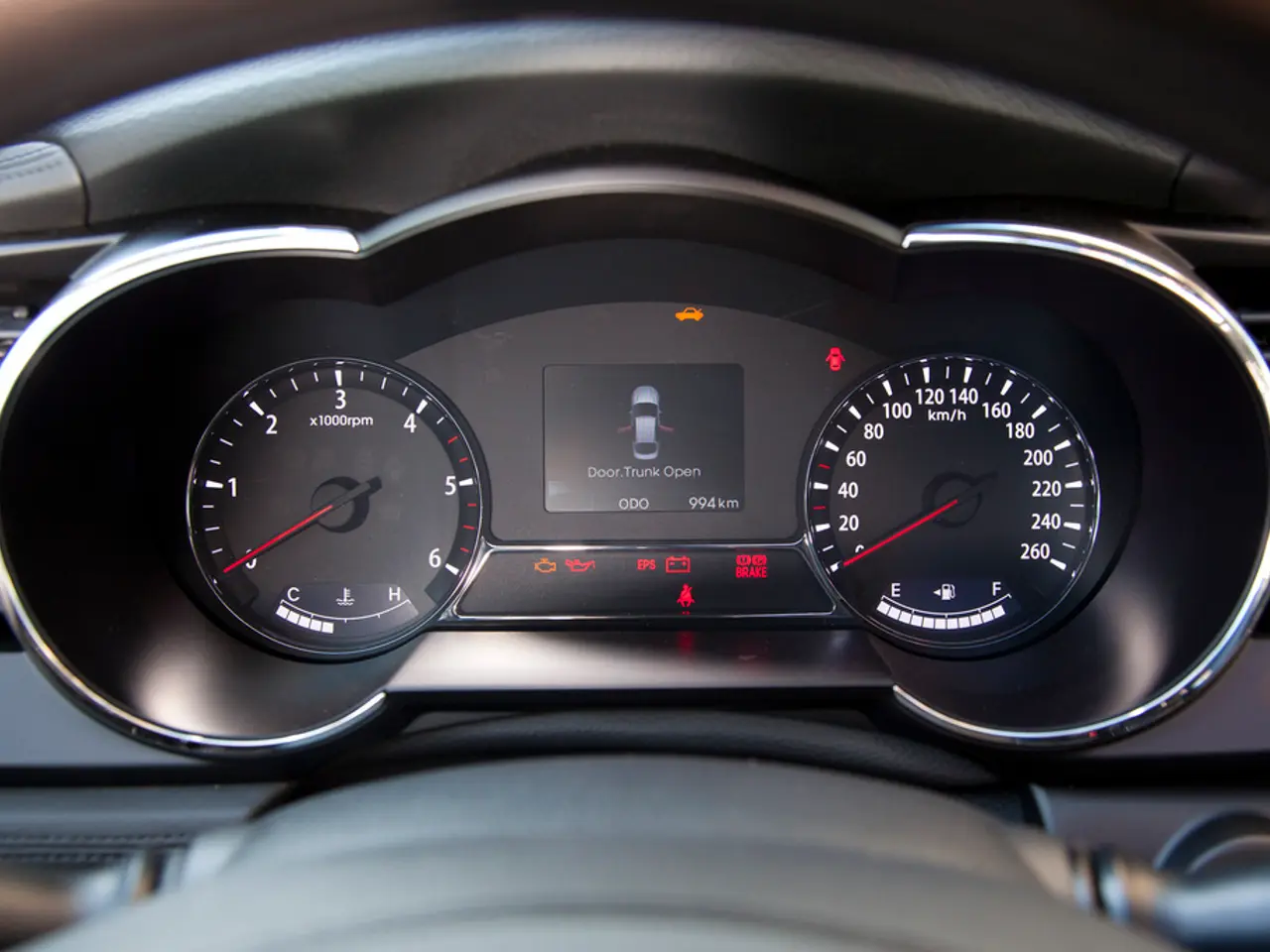Duration of alternator lifespan
Driving with a failing alternator can be a dangerous endeavour, as it may lead to a sudden loss of power to various electrical components, particularly when the car is idling. To avoid such a situation, it's crucial to keep an eye on your alternator's health and that of the battery.
On average, an alternator typically lasts between 7 to 12 years or about 80,000 to 150,000 miles. However, this can vary significantly depending on several factors.
The longevity of an alternator is influenced by driving conditions, electrical load, build quality, battery health, belt tension, maintenance, and driving habits. Harsh weather, extreme temperatures, frequent short trips, and stop-and-go traffic increase strain and reduce the lifespan of an alternator. Modern vehicles with numerous electronics demand more power, causing the alternator to work harder and wear faster.
The quality of the alternator also plays a role. High-quality alternators with robust components can last longer than cheaper, lower-grade versions. A healthy battery reduces alternator strain by balancing power demands, while a faulty battery can cause the alternator to overwork, accelerating wear. Proper tension in the alternator belt is crucial; incorrect tension can lead to premature alternator or belt failure.
Regular vehicle maintenance and careful driving can extend the life of an alternator. In some cases, a well-maintained alternator can even last 20 years or more.
The alternator is a vital component in a car, responsible for recharging the battery using power from the engine and providing power to the electrical components. It's about the size of a coconut and consists of a rotor, stator, and housing. Electrical coils mounted on the rotor move past stationary coils on the stator, creating electrical flow. The alternator produces alternating current (AC) and uses a diode pack to convert the AC power to DC power.
To test the health of your car's alternator, you can use a voltmeter. When the car is idling, the voltage reading on the voltmeter should be around 14 volts. If the voltage drops lower than 12 volts while adding electrical devices, the alternator may not be functioning properly.
If you suspect a problem with your alternator, it's important to disconnect the battery before working on it to minimize the risk of shock. Replacing the terminal clamps might be necessary if they have eroded and are no longer providing contact.
Replacing the alternator can be done by following the steps in the vehicle's service manual and using the right tools. A voltmeter can be found at auto parts or electronics stores. Cleaning the battery connections with baking soda and water can help if the battery is not functioning properly.
In summary, while it's difficult to predict exactly how long an alternator can last, regular maintenance, careful driving, and a well-maintained battery can help extend its life. If you encounter any issues with your alternator, it's best to replace the entire alternator as the individual auto parts within it are not serviceable.
[1] "Alternator Lifespan: How Long Does an Alternator Last?" AutoZone. https://www.autozone.com/content/alternator-lifespan-how-long-does-an-alternator-last [2] "Alternator Lifespan: How Long Should an Alternator Last?" YourMechanic. https://www.yourmechanic.com/article/alternator-lifespan-how-long-should-an-alternator-last [3] "Alternator Lifespan: How Long Does an Alternator Last?" Advance Auto Parts. https://www.advanceautoparts.com/content/alternator-lifespan-how-long-does-an-alternator-last [4] "How Long Do Alternators Last?" CarParts.com. https://www.carparts.com/content/how-long-do-alternators-last
- Regular care for a car's alternator can potentially extend its lifespan, with some well-maintained alternators lasting 20 years or more.
- Factors influencing the longevity of an alternator include driving conditions, electrical load, build quality, battery health, belt tension, maintenance, and driving habits.
- The health of the battery is essential because it helps balance power demands, reducing alternator strain and potentially prolonging its life.
- Modern vehicles with numerous electronics place higher demands on the alternator, causing it to work harder and wear faster.
- The technology industry plays a role in alternator longevity as advancements can contribute to improved build quality and efficiency.
- The finance industry is essential for car-maintenance activities, as the cost of replacing an alternator is part of the automotive expenses someone might encounter when owning a vehicle.




